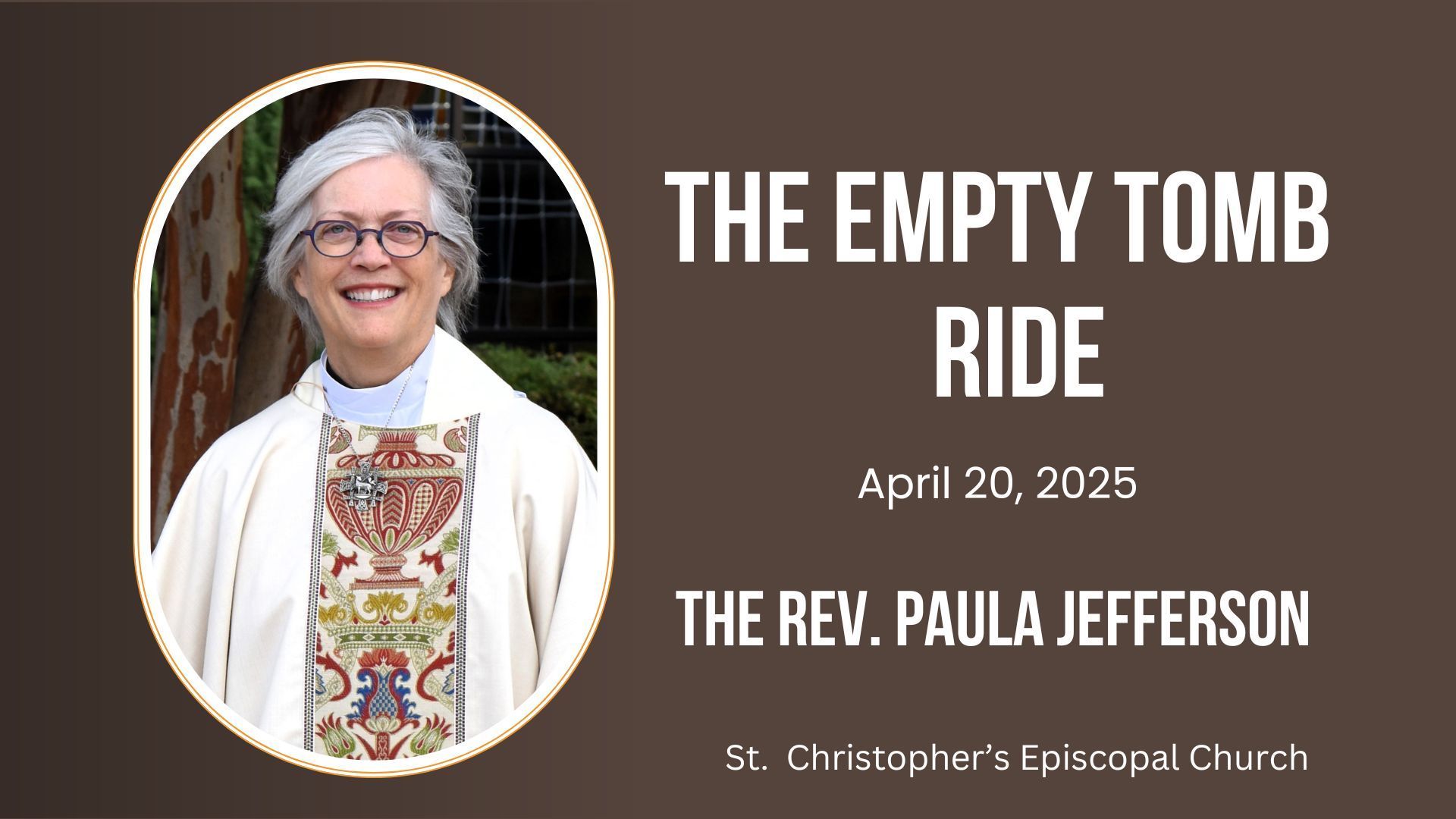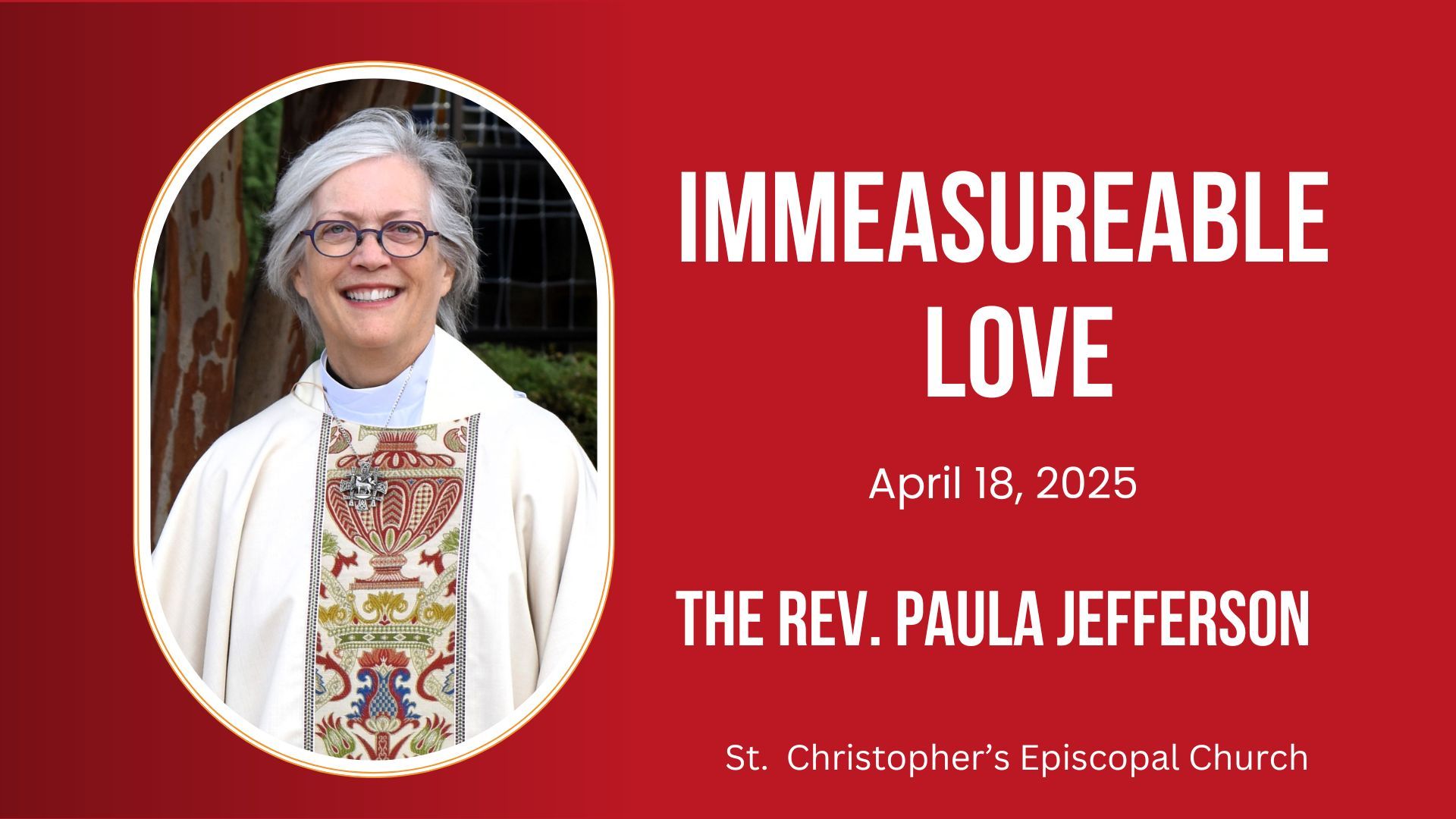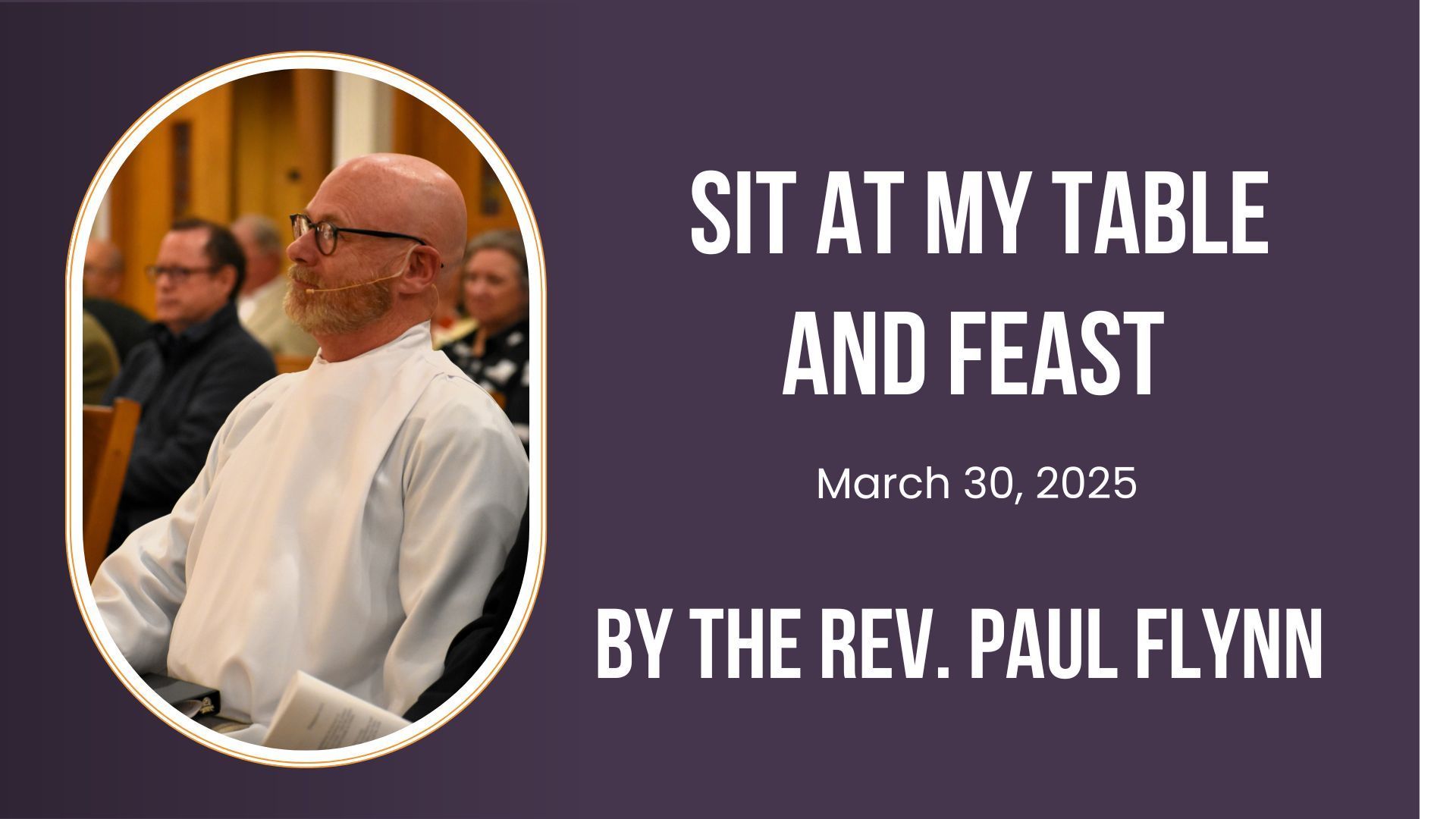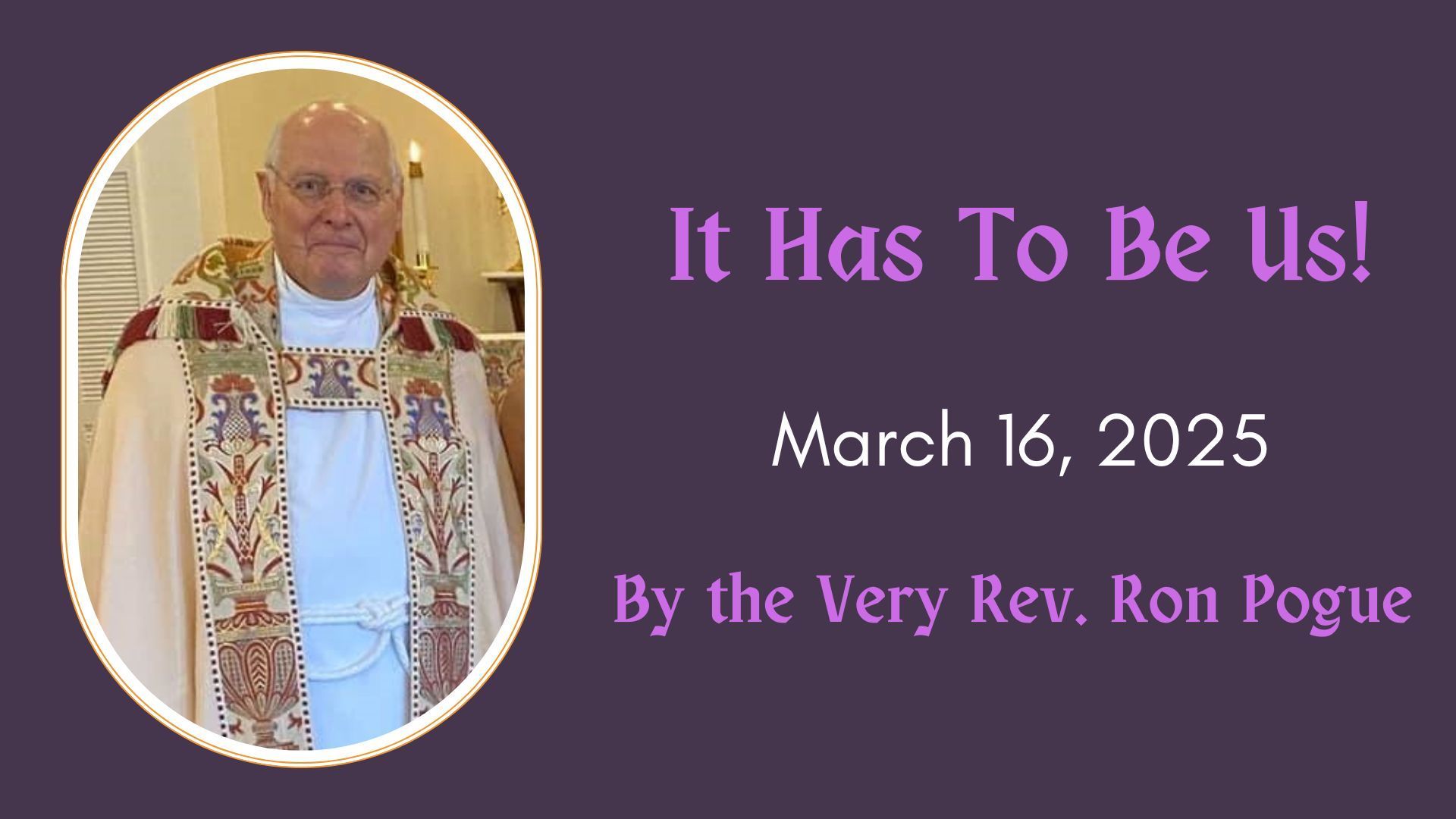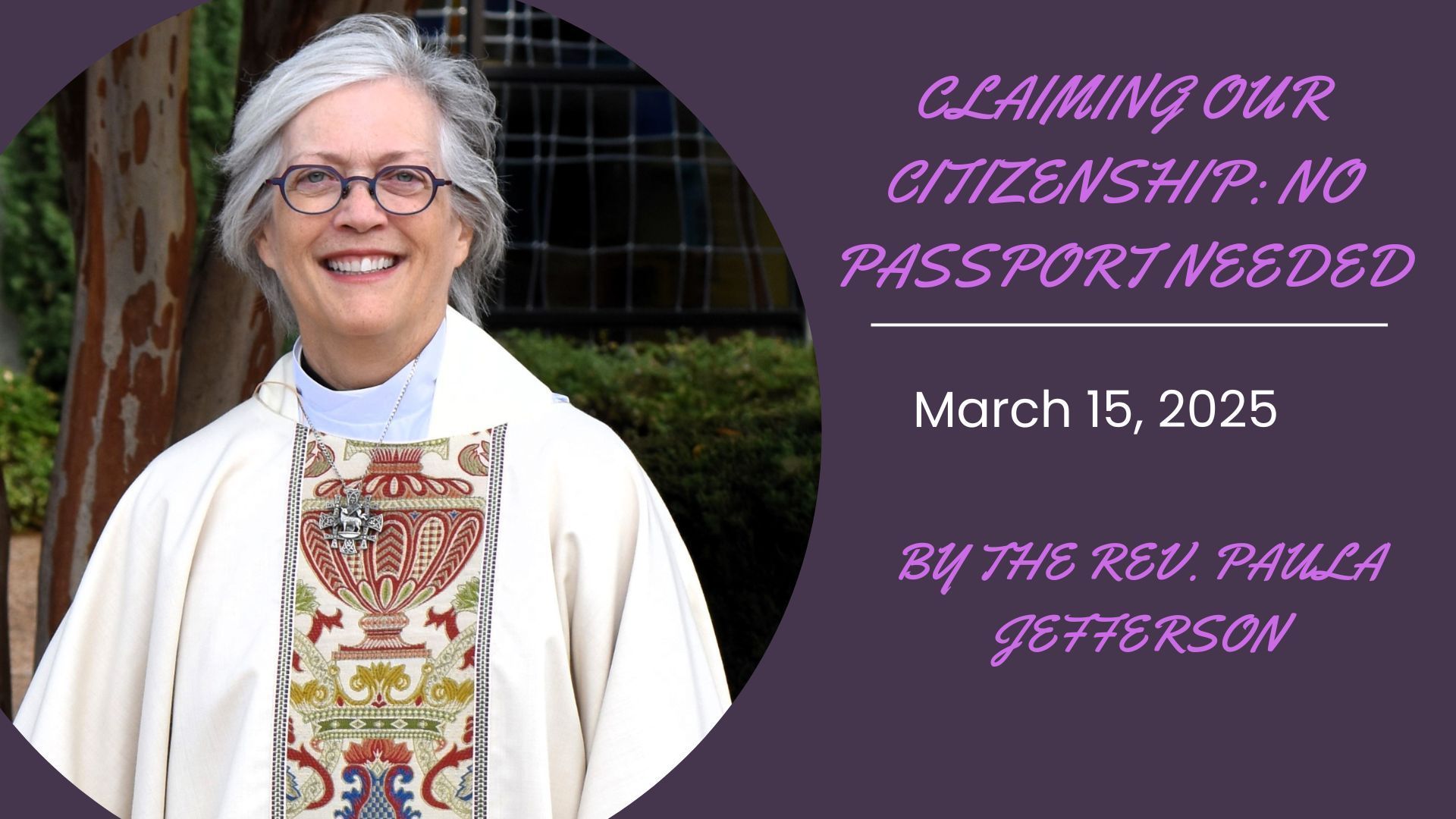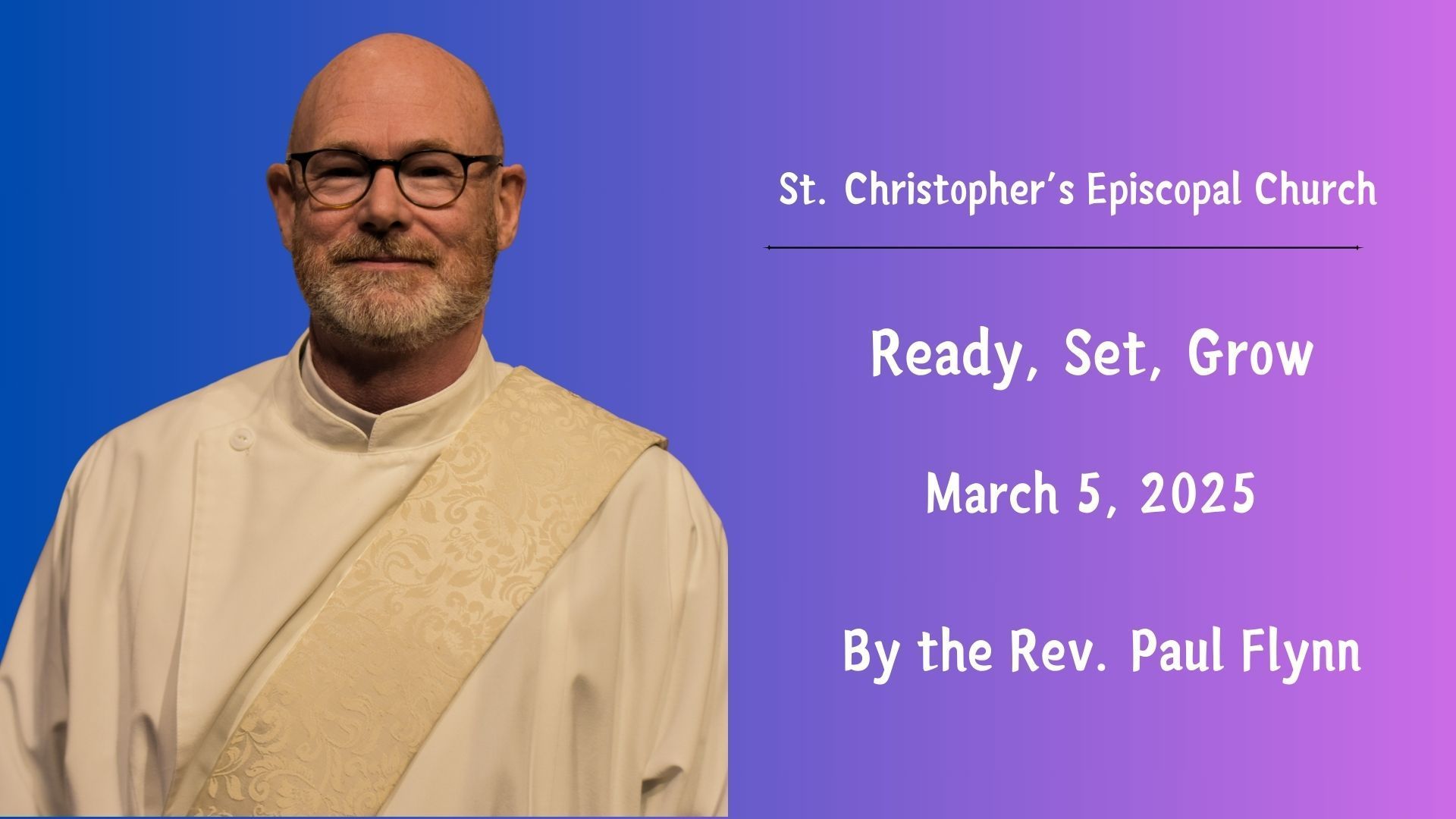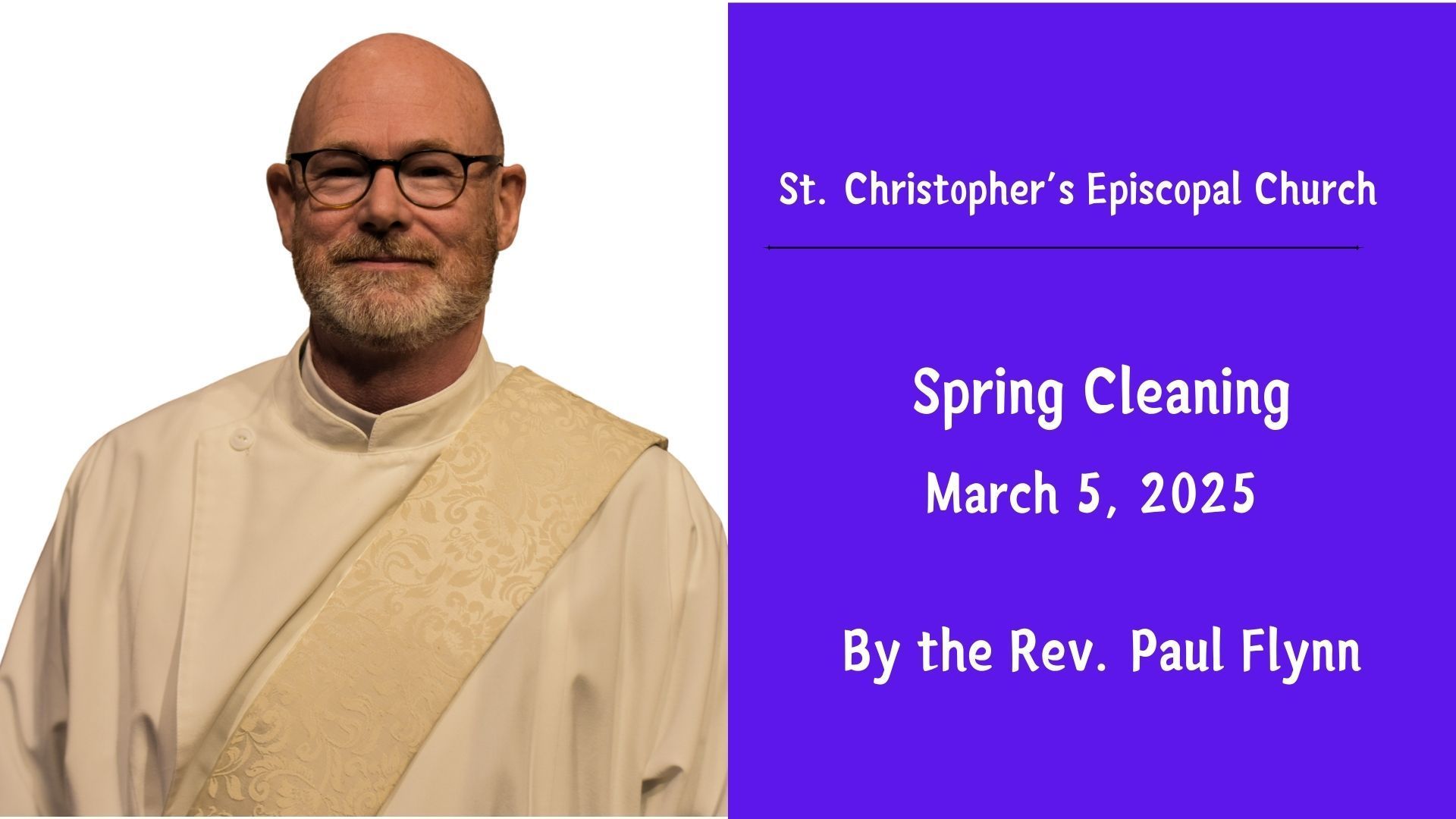I wonder sometimes if a person’s one big mistake often haunts them, while all the good they do gets forgotten.
A "Doubting Thomas" has become synonymous in our culture with one who does not believe easily, who requires proof, and we are reminded, aren’t we, that Thomas is the counterpoint to the kind of faith we’re supposed to have: “Blessed are those who have not seen and yet have come to believe.”
We may have read this story too simply for too long, and I want to say a few words in defense of Thomas.
Does anyone else have the sneaking suspicion that the Apostle Thomas is from the great state of Missouri? Missouri’s nickname is the “Show Me” state, and the people have a reputation for honesty and integrity, but they’re not pushovers. If you want to convince them of something, you have to “show me.”
First, Thomas is the kind of guy you want in your group. He’s a bit sarcastic, but in the end, he’s got your back.
When Lazarus died and Jesus tarried across the Jordan, the disciples were astonished that Jesus would go back to Bethany. They are planning to stone you over there, they said, why should we go back?
When it became apparent that Jesus intended to go back despite this risk, it was Thomas who said: Well, if they’re going to stone him, we might as well go and die with him.
Sarcastic, yes? A bit of an Eeyore, maybe. But loyal, to be sure.
Here’s a man who knows the odds and is willing to stand behind Jesus even to the end.
Thomas was, it seems, a practical man. He demanded plain speech and wasn’t afraid to ask the Son of God to be direct.
Jesus, in John 14, is trying to assure the disciples of eternal life, and says, “I go to prepare a place for you, and I will come again and receive you.”
Thomas was having none of it. What nonsense is this? he seems to say. Lord, we don’t know where you’re going. How can we know the way?
Thomas is a realist — the kind of man who requires evidence before making a decision.
All things being equal, I think most of us would prefer to have that kind of man on the team. There are plenty who go off without a plan, but Thomas wasn’t one of them.
When we say Thomas doubted, we have to be clear about what kind of doubter he was: Thomas was an honest doubter. He wasn’t disposed to unbelief — he just needed proof. Some folks are dishonest doubters — they don’t believe, and there isn’t much you can say to convince them.
We all doubt. And there are points in our faith life that are demanding of us: the virgin birth, any one of the miracles.
You may be forgiven if you doubt the resurrection. As far as we know, it has only happened once in all of recorded history. A probing mind would, indeed, look askance at someone who claims to have seen the risen Lord.
Christ, in fact, does not blame Thomas for wanting to be sure.
Jesus knew that once Thomas fought his way through the wilderness of his doubts, he would be the surest disciple — just as he had been on the road to Bethany.
Jesus appears again and gives Thomas what he needs: Look at my wounds, Jesus says.
And at that moment, Thomas’ doubts disappear: “My Lord and my God!”
Thomas is not one to be condemned. He is, in fact, an example of faith.
Too often in this world, it is seen as a weakness to reconsider, to examine further, and then, based on the evidence, to change one’s mind.
Not so with Thomas.
He is willing to see.
He is willing to reconsider.
And he is willing to believe.
This kind of tested faith is a stronger faith.
When we test our beliefs and really think about what we believe is true, we become more empowered to do what God wants us to do, to advance the Kingdom, to work at what God has called us to do.
Church tradition teaches that Thomas, a simple Judean, traveled to India and formed a mission to that beautiful country.
To this day, the Thomist Christians are known in the area of Kerala.
A beautiful novel called The Covenant of Water details their community in the 20th century.
Thomas was martyred in Chennai in about AD 72, but some traditions have him traveling to China and as far south as Indonesia.
Here’s the thing about a call: A nice Jewish boy from Galilee isn’t going to travel beyond the known world and take a spear for an idea.
No one is willing to die for anything less than the truth.
Whatever Thomas’ doubts, he was willing to see the truth when it came to him, and that truth fundamentally changed his life.
I struggle with my own doubts, and I am sure you do too.
Thomas is an example to us because he teaches us to be open to the truth — and to act accordingly.
We wait on God to reveal Himself, and when He does, we emerge victorious.
Doubts? Yes.
But keep doing your best, right where you are.
Keep the faith.
Trust that God will reveal Himself — that He will show you the nail prints in His hands — so that you too can say:
“My Lord and my God.”


